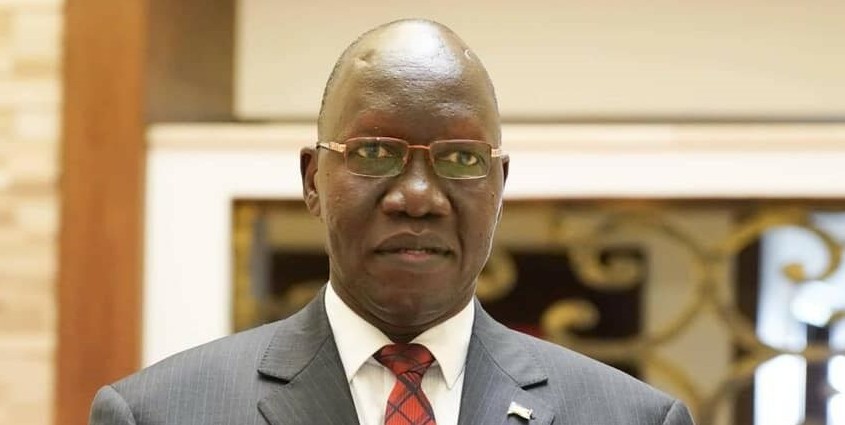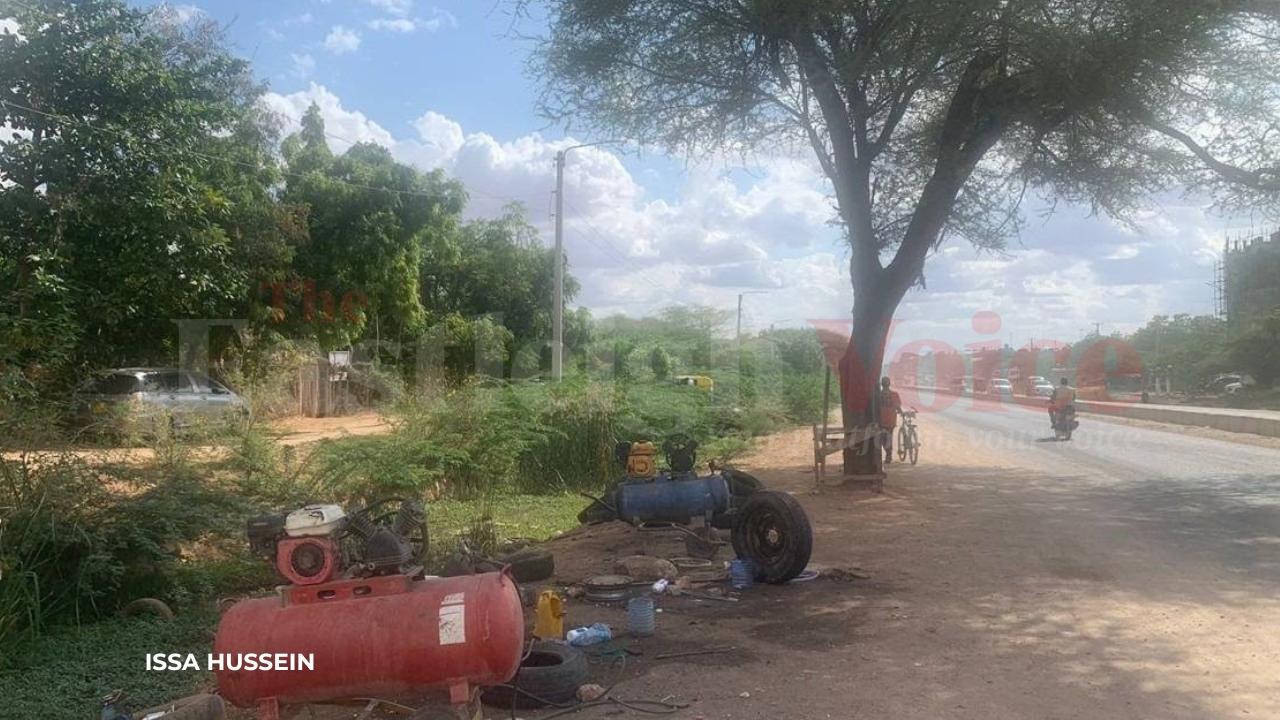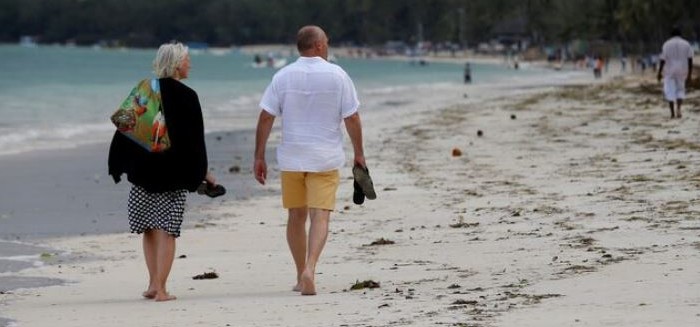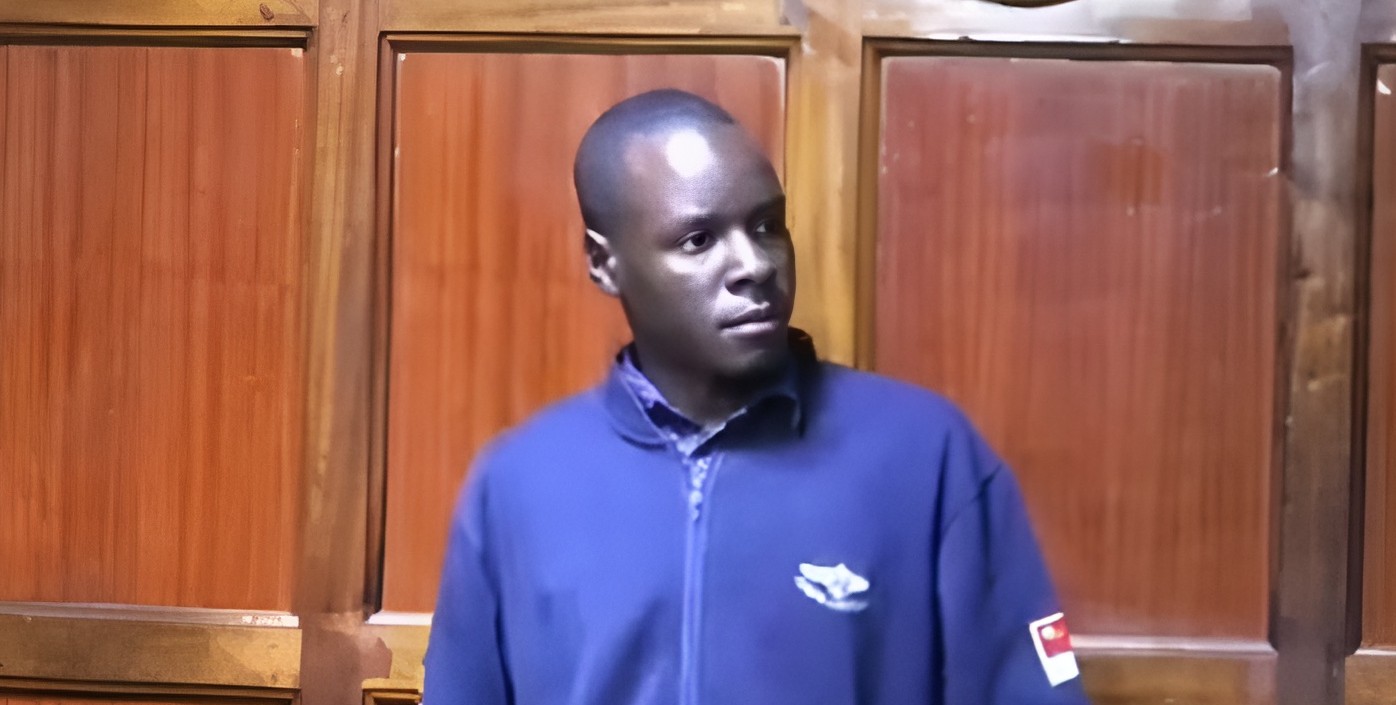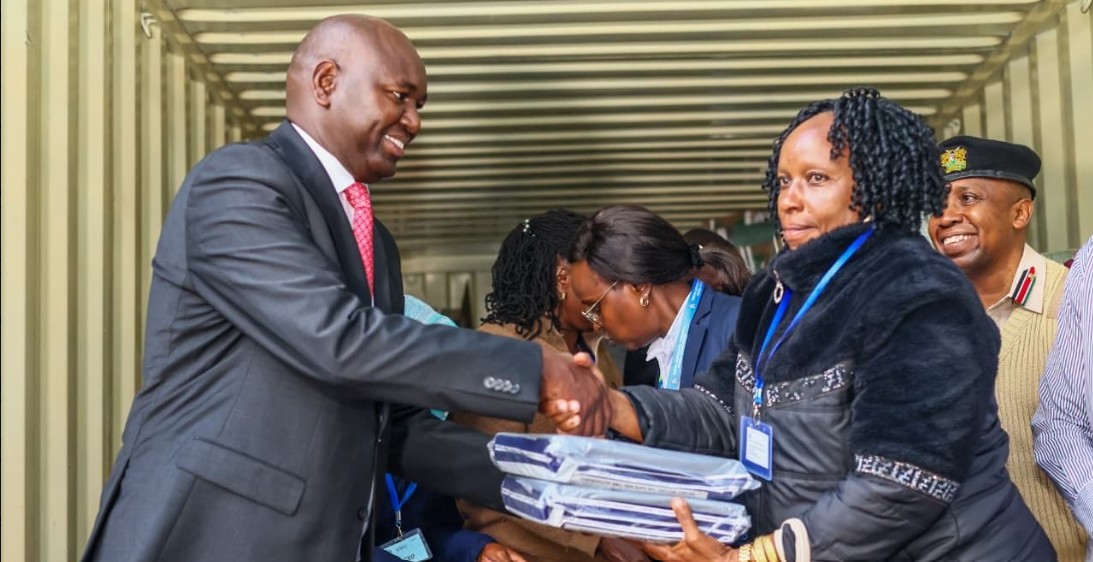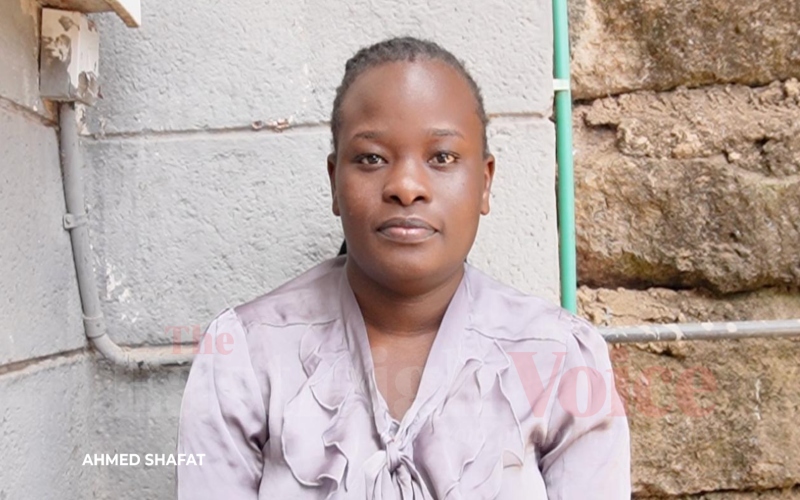Kibera residents oppose plans to demolish houses for third phase of housing programme
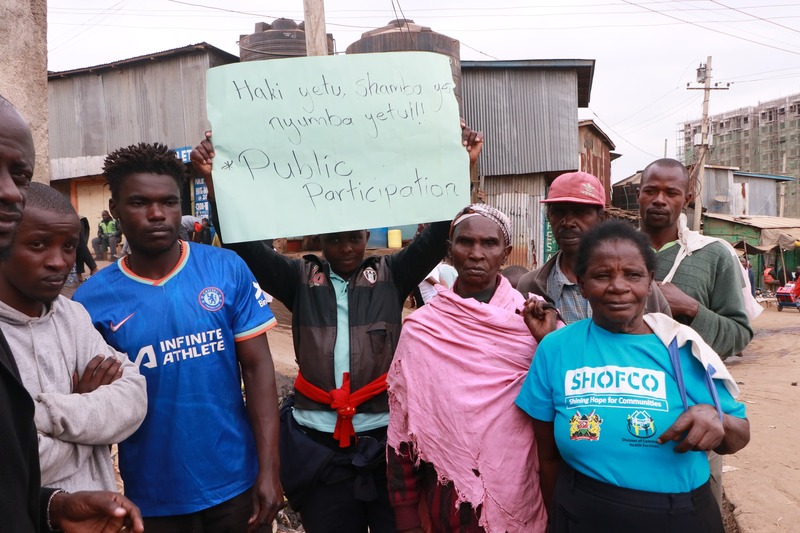
The residents, who included youths and elderly persons living in the informal settlements, said the government had not adequately addressed their concerns before the move.
Residents of Soweto village in Kibera slum have protested the decision by the government to plan to demolish their houses to pave the way for the third phase of the Affordable Housing programme.
The residents, who included youths and elderly persons living in the informal settlements said the government had not adequately addressed their concerns before the move.
More To Read
- Raila Odinga mastered the art of political compromise for the good of Kenya
- Surveyors protest exclusion from major government projects
- Kenya appoints Severine Luyali as new Chief of Protocol
- Court told President Ruto not complainant in X post case against David Mokaya
- President Ruto outlines four Raila-inspired pillars to drive Kenya’s growth
- Raila Odinga’s life offers five key lessons to guide Kenya’s future - President Ruto
Maxwell Kiare, a resident, told the Eastleigh Voice that they would want the second phase of the project completed before initiating the third phase.
"When the president visited Kibera, he assured us that he will ensure that the second phase of this housing project is completed. We are shocked to see notices telling us to give space for clearing of structures before the construction works for the third phase begin," said Kiare.
Another issue of concern to the residents is the matter of compensation and acquisition of the newly built units. Kiarie said they would want fair compensation for giving out space for building the third phase of the houses.
"We want to see each household compensated with up to Sh1 million for giving out land or space for the construction of the third phase of the Affordable Housing Programme," added Kiare.
Risper Makena, a 62-year-old widow, wondered why the government was in a rush to demolish their structures when no public participation with the residents had been conducted.
"Nobody has come here to tell us how we will be compensated if our houses get demolished. We are not even sure if we will ever be beneficiaries of the newly built units," said Risper.
There was tension on Tuesday in the slums after residents chased away Ministry of Housing officials who had gone to the slum to engage the residents over the planned third phase of the project.
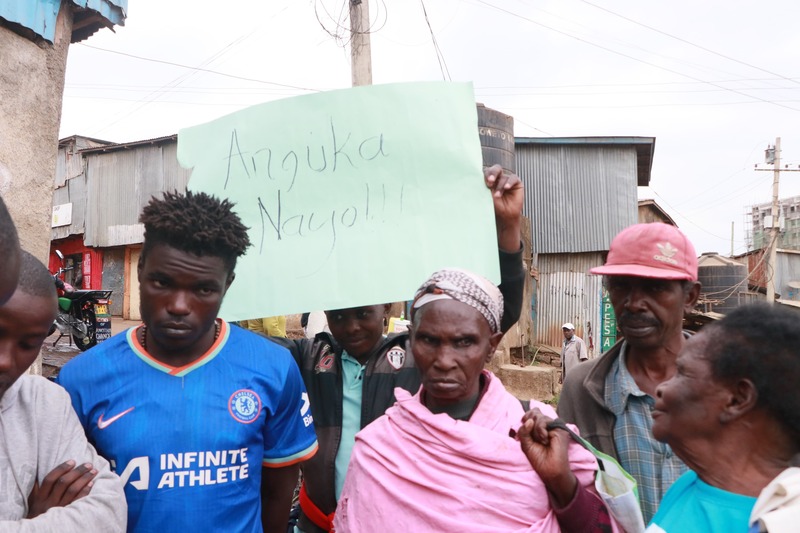 Residents of Soweto Village in Kibera Slum protest against plans to demolish their houses in readiness for third phase of the Affordable or Social Housing Programme. (Justine Ondieki)
Residents of Soweto Village in Kibera Slum protest against plans to demolish their houses in readiness for third phase of the Affordable or Social Housing Programme. (Justine Ondieki)
Phase 3 (C) of the Affordable/Social Housing
The Kibera Soweto B Social Housing, which has 4,054 units, is set to be completed in January 2026, and will host at least 4,054 families.
President William Ruto has constantly reaffirmed his commitment to the Affordable Housing Programme, noting that it will bring immeasurable benefits to Kenyans.
The president last year made an impromptu visit to the Kibera Affordable Housing Project in Kibera.
Ruto has boasted that through the programme, the government is creating a new generation of homeowners by constructing 250,000 houses every year for low-income earners.
Ruto has already commissioned 17, 850 units in Mukuru, Rongai, and Kibera to ease the housing burden affecting low-income earners.
The construction of another 28,942 units is ongoing countrywide.
The Affordable Housing Programme targets the over 6.5 million Kenyans living in slums and informal settlements.
Kibera Social Housing Project which will be completed in January 2026 comprises 4,054 units on 18 blocks and will also cater for supporting internal infrastructure and amenities.
One roomed unit is selling for Sh600,000, one bedroomed at Sh1 million while the proposed selling price for a two-bedroom is Sh1.3 million.
The project is also set to contain all social services and amenities necessary for the proper functioning of the project – parking spaces, driveways, pathways, street lighting, electricity and water supply, boundary wall, sewer and stormwater drainage, and landscaping.
According to the State Department for Housing and Urban Development, 300 people are working daily at the site with about 20 of those workers being women while 200 are youth.
“We anticipate more Kenyans will benefit from this project through its entire value chain, including artisans, build industry professionals, suppliers of materials, logistics providers, MSMEs and Jua Kali Associations, local small businesses and traders, home owners among others,” says the department.
Top Stories Today
